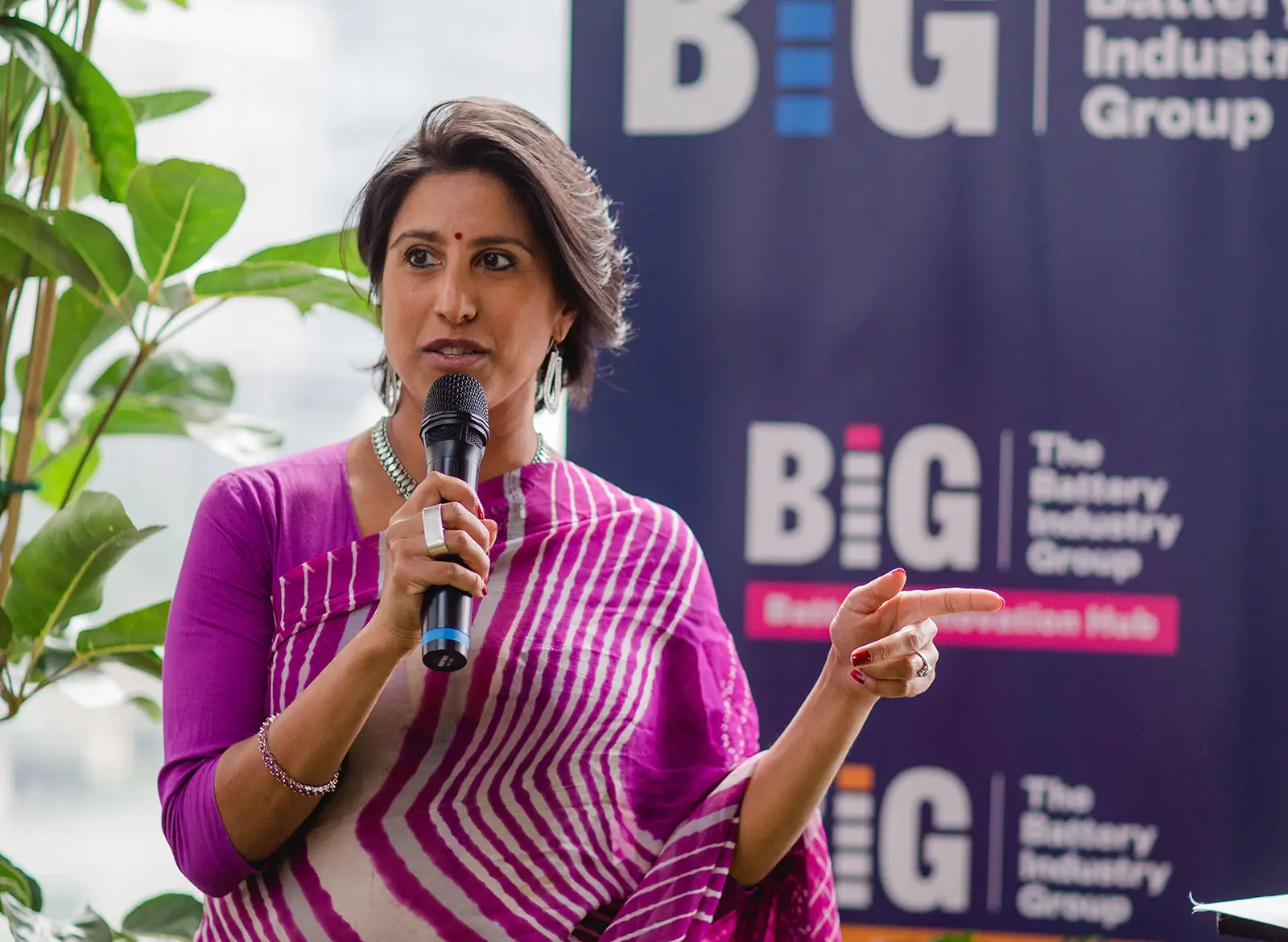Last year was a big year for EVs. Despite the global pandemic, EV sales in 2020 rose 41% worldwide, and 18 of the world’s top 20 vehicle manufacturers have announced plans to increase the range of EV models available – and increase their production.
In New Zealand, according to the Ministry of Transport (MoT) there were 27,925 electric vehicles in the country as at June 2021, a number that has grown steadily over the past few years.
The battery question
Despite the growth in popularity of electric vehicles, there are still questions around how long the batteries last and what happens to those batteries when they reach the end of their useable life in a vehicle.
EECA estimates that an EV battery should last 10-20 years before it no longer provides useful range. Battery disposal is a little more complicated. There are ingredients like lithium, nickel, and cobalt involved – materials that need to be handled carefully and shouldn’t just be thrown away.
The good news is that plans are underway for a scheme that will enable EV batteries to be repurposed and recycled. That work is being led by the Battery Industry Group (B.I.G.), a collaboration of more than 170 members across sectors such as energy, waste, batteries, transport, and academia. Some of its members include Vector, AA, Drive Electric, and WasteMINZ. EECA sits on the B.I.G. Governance Group and has provided funding to support their work.
A Product Stewardship scheme for batteries
B.I.G.’s proposed solution is an innovative, ‘circular’ Product Stewardship scheme that will make sure we're taking responsibility for all large batteries, from the moment of arrival in New Zealand through a second or third life to the point of recycling at the end.
Juhi Shareef, the Chair of B.I.G. and also Chief Responsibility Officer at Tourism Holdings Limited, is heading up the work.
“B.I.G. has developed this scheme so there’s a plan in place when more cars come into the country,” says Shareef. “With more and more New Zealanders buying electric cars, we’re entering a transition phase and we need a solution that works for businesses, people, and the environment.”

The scheme is based on the principles of a circular economy, which is a way to avoid the 'take-make-waste' approach. Instead of extracting resources from the earth, turning them into products, and then disposing of them, the circular approach keeps those resources in use for as long as possible.
Batteries in their second life can be used in many different applications, including:
- stabilising the electricity grid
- storing energy generated by solar panels or wind turbines (which can't naturally be stored)
- powering a house in combination with solar panels (a bit like Tesla's Powerwall).
How the scheme works
The proposed Product Stewardship Scheme would be run by a not-for-profit organisation that would ensure guardianship of the battery in its first life, second life, then once it’s fully depleted, cover the costs of its recycling.
Here’s how the scheme would work:
- Batteries are registered when they arrive in New Zealand.
- The ownership of the battery will then be tracked (say if the car is sold to a new owner).
- When the battery can no longer power a car, it will be repurposed for a second use.
- Once it’s completely exhausted, the battery will be sent off for safe recycling, making sure valuable materials and chemicals are extracted for re-use.

Battery Karma and battery passports
One of B.I.G.’s working groups, the Battery Innovation Hub, is already working with organisations that have end-of-use batteries (there aren't many at the moment) and connecting them with innovators who are developing second life solutions.
“EV batteries still have useful capacity when they reach their end of life in a car, so there's huge scope to invest in repurposing and give them a second or even third life,” says Jo Phillips, Chair of the B.I.G. Battery Innovation Hub. “New Zealand has a key role to play in circular innovation for large batteries”.
The Battery Innovation Hub is working on a ‘battery passport’ concept to support the Product Stewardship Scheme. Developed by tech company Everledger with B.I.G. members Audi and Vector, the passport would enable a battery to be tracked across its lifecycle – even if it’s repurposed and transferred through multiple owners – to make sure it’s properly managed at end of life. The blockchain-based platform would also provide access to valuable battery health information.
Watch the video to learn more about the battery passport(external link)
EV batteries still have useful capacity when they reach their end of life in a car, so there's huge scope to invest in repurposing and give them a second or even third life.
Planning for the future
EECA research shows that by the end of this decade, more than 50% of monthly vehicle sales in New Zealand need to be electric to meet our emissions reductions targets. This requires a jump from about 6000 EVs bought in 2020 to annual sales of 150,000 EVs (NZTA).
Looking at those numbers, there’s never been a better time to act – and B.I.G. is keen for other organisations to jump on board.
“There’s more work to be done and we'd love other organisations to join,” says Shareef. “B.I.G. is doing some pioneering work globally, and we believe that New Zealand has a real opportunity to lead in this space.”
Read next
-
Top 5 EV questions answered
We address lingering questions around electric vehicle cost, batteries, charging and range.
-
Your best roadie EVer
Set yourself up for a less-stress electric road trip with this guide.
-
Electric vehicle myths
The most efficient car you can drive is an electric vehicle. More Kiwis than ever are considering an EV as their next car, so we've got the lowdown from Aotearoa's biggest EV enthusiasts, who say "EVs are, quite simply, better."
